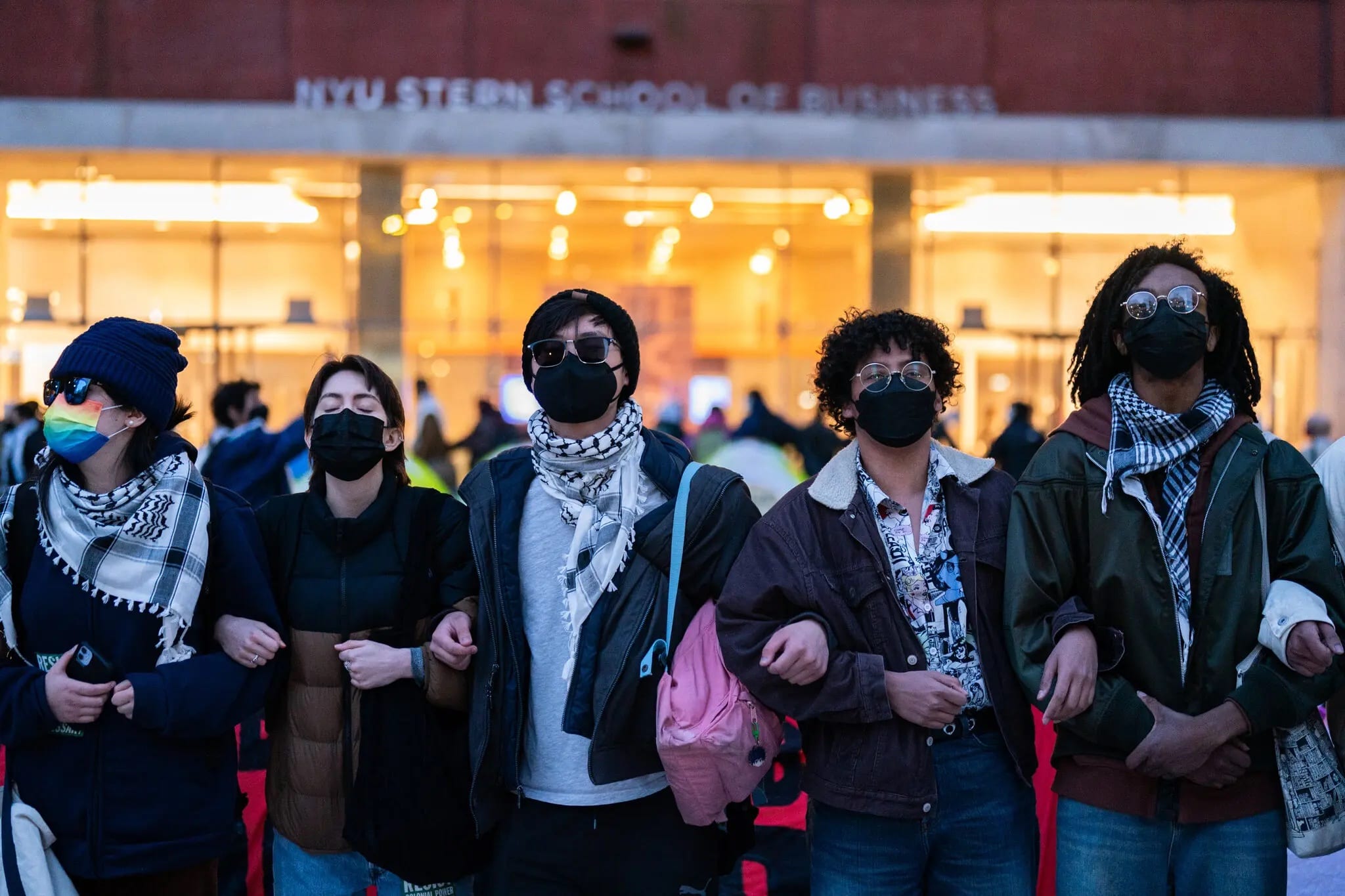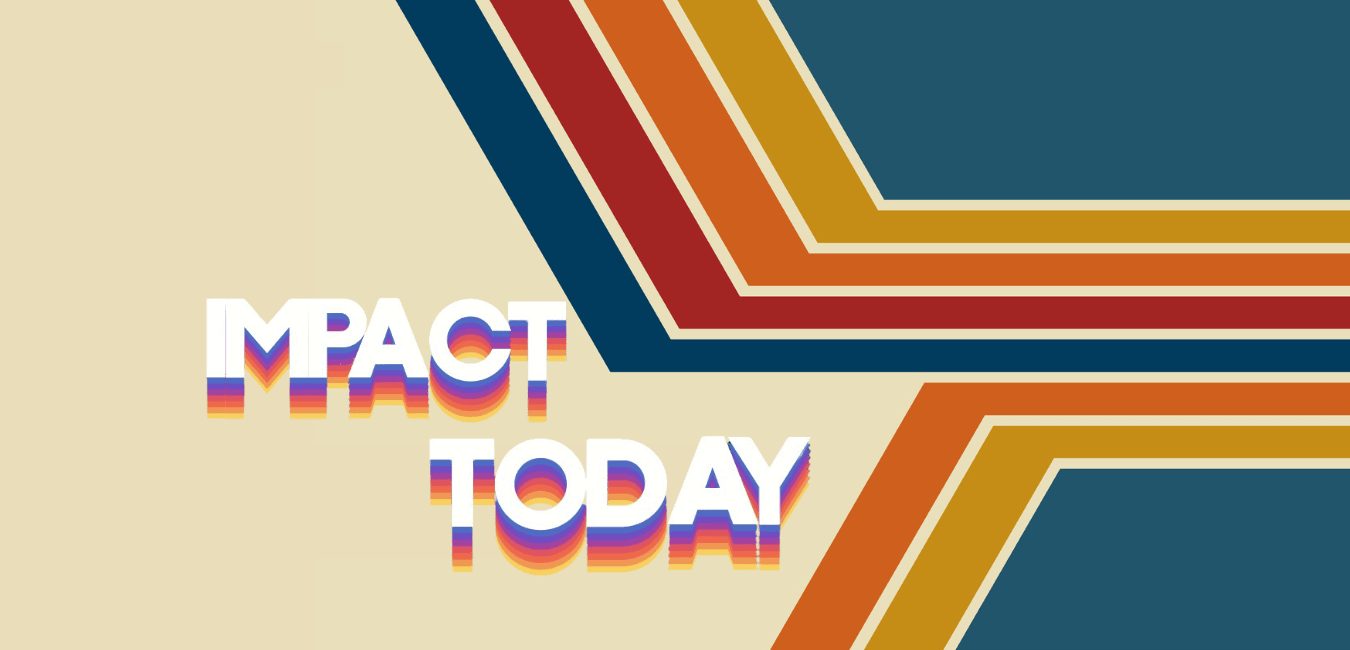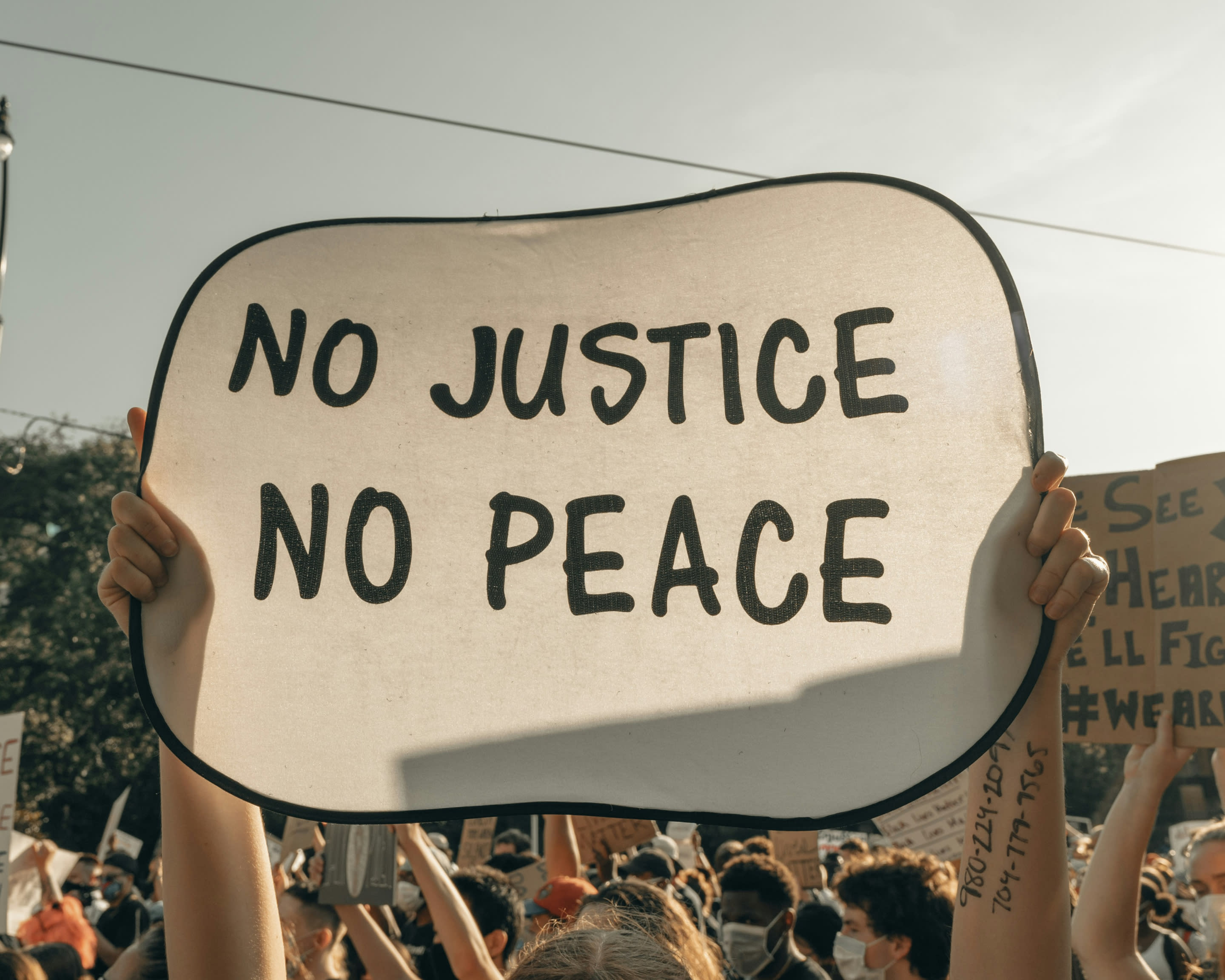
What is the ‘Gig Economy’ and Who Works In It?
Have you worked in the gig economy?
This content leverages data from USAFacts, a non-profit that visualizes governmental data. You can learn more on its website, Facebook, and Twitter.
What is the “gig economy”?
The gig economy can be broadly understood to refer to work done by freelance and contract workers for a limited time or on a flexible schedule.
The Bureau of Labor Statistics (BLS) recently published the first federal study of the gig economy and utilized a narrower definition that focused workers who find jobs and are paid by technology platforms, like Uber or TaskRabbit. The BLS found that there are 1.6 million full-time gig economy workers who fall under that definition, and they account for about 1% of the U.S. workforce.
What does the data say about gig economy workers?
The majority of gig economy workers, 72.4%, work full-time (defined as 35 hours per week), while 27.6% work part-time as this chart from USAFacts shows:
Gig economy workers are typically thought of as being self-employed, but 63% reported being employed an employee rather than a contractor. Of the self-employed gig economy workers, 80% don’t have a formal business entity established. (The Treasury Dept. estimated that $69 billion in taxes owed from gig work go uncollected.)
Sixty-two percent of gig economy workers do their work in person as opposed to 38% who work online. About one-in-20 gig economy workers do their work both in person and online.
While the gig economy generally mirrors the demographics of the overall economy, men are more likely than women to work in the gig economy, as this table from USAFacts shows:
Black workers make up a larger proportion of the gig economy workforce than the overall workforce:
A greater percentage of gig economy workers hold bachelor’s or advanced degrees than the overall workforce:
— Eric Revell
(Photo Credit: iStock.com / Anatoliy Sizov)
The Latest
-
 Protests Grow Nationwide as Students Demand Divestment From IsraelUpdated Apr. 23, 2024, 11:00 a.m. EST Protests are growing on college campuses across the country, inspired by the read more... Advocacy
Protests Grow Nationwide as Students Demand Divestment From IsraelUpdated Apr. 23, 2024, 11:00 a.m. EST Protests are growing on college campuses across the country, inspired by the read more... Advocacy -
 IT: Here's how you can help fight for justice in the U.S., and... 📱 Are you concerned about your tech listening to you?Welcome to Thursday, April 18th, communities... Despite being deep into the 21st century, inequity and injustice burden the U.S. read more...
IT: Here's how you can help fight for justice in the U.S., and... 📱 Are you concerned about your tech listening to you?Welcome to Thursday, April 18th, communities... Despite being deep into the 21st century, inequity and injustice burden the U.S. read more... -
 Restore Freedom and Fight for Justice With GravvyDespite being deep into the 21st century, inequity and injustice burden the U.S., manifesting itself in a multitude of ways. read more... Criminal Justice Reform
Restore Freedom and Fight for Justice With GravvyDespite being deep into the 21st century, inequity and injustice burden the U.S., manifesting itself in a multitude of ways. read more... Criminal Justice Reform -
 Myth or Reality: Is Our Tech Listening?What's the story? As technology has become more advanced, accessible, and personalized, many have noticed increasingly targeted read more... Artificial Intelligence
Myth or Reality: Is Our Tech Listening?What's the story? As technology has become more advanced, accessible, and personalized, many have noticed increasingly targeted read more... Artificial Intelligence
 Climate & Consumption
Climate & Consumption
 Health & Hunger
Health & Hunger
 Politics & Policy
Politics & Policy
 Safety & Security
Safety & Security

Throughout American history, and despite all of our efforts to forge “a more perfect union,” America’s oligarchs have proved resilient, transforming again and again: from owning slaves in the 18th century to indebting peons in the 19th century; from hiring desperate wage laborers in the 20th century to contracting freelance “gig economy” workers in the 21st century. Robert Reich: The so-called “share economy” includes independent contractors, temporary workers, the self-employed, part-timers, freelancers, and free agents. Most file 1099s rather than W2s, for tax purposes. It’s estimated that in five years over 40 percent of the American labor force will be in such uncertain work; in a decade, most of us. Already two-thirds of American workers are living paycheck to paycheck. This trend shifts all economic risks onto workers. A downturn in demand, or sudden change in consumer needs, or a personal injury or sickness, can make it impossible to pay the bills. It eliminates labor protections such as the minimum wage, worker safety, family and medical leave, and overtime. And it ends employer-financed insurance – Social Security, workers’ compensation, unemployment benefits, and employer-provided health insurance under the Affordable Care Act. No wonder, according to polls, almost a quarter of American workers worry they won’t be earning enough in the future. That’s up from 15 percent a decade ago. Such uncertainty can be hard on families, too. Children of parents working unpredictable schedules or outside standard daytime working hours are likely to have lower cognitive skills and more behavioral problems, according to new research. What to do? Courts are overflowing with lawsuits over whether companies have misclassified “employees” as “independent contractors,” resulting in a profusion of criteria and definitions. We should aim instead for simplicity: Whoever pays more than half of someone’s income, or provides more than half their working hours should be responsible for all the labor protections and insurance an employee is entitled to. In addition, to restore some certainty to people’s lives, we need to move away from unemployment insurance and toward income insurance. Say, for example, your monthly income dips more than 50 percent below the average monthly income you’ve received from all the jobs you’ve taken over the preceding five years. With income insurance, you’d automatically receive half the difference for up to a year. It’s possible to have a flexible economy and also provide workers some minimal level of security. A decent society requires no less. ****** Btw, if you’d like my daily analyses, commentary, and drawings, please subscribe to my free newsletter: robertreich.substack.com ******